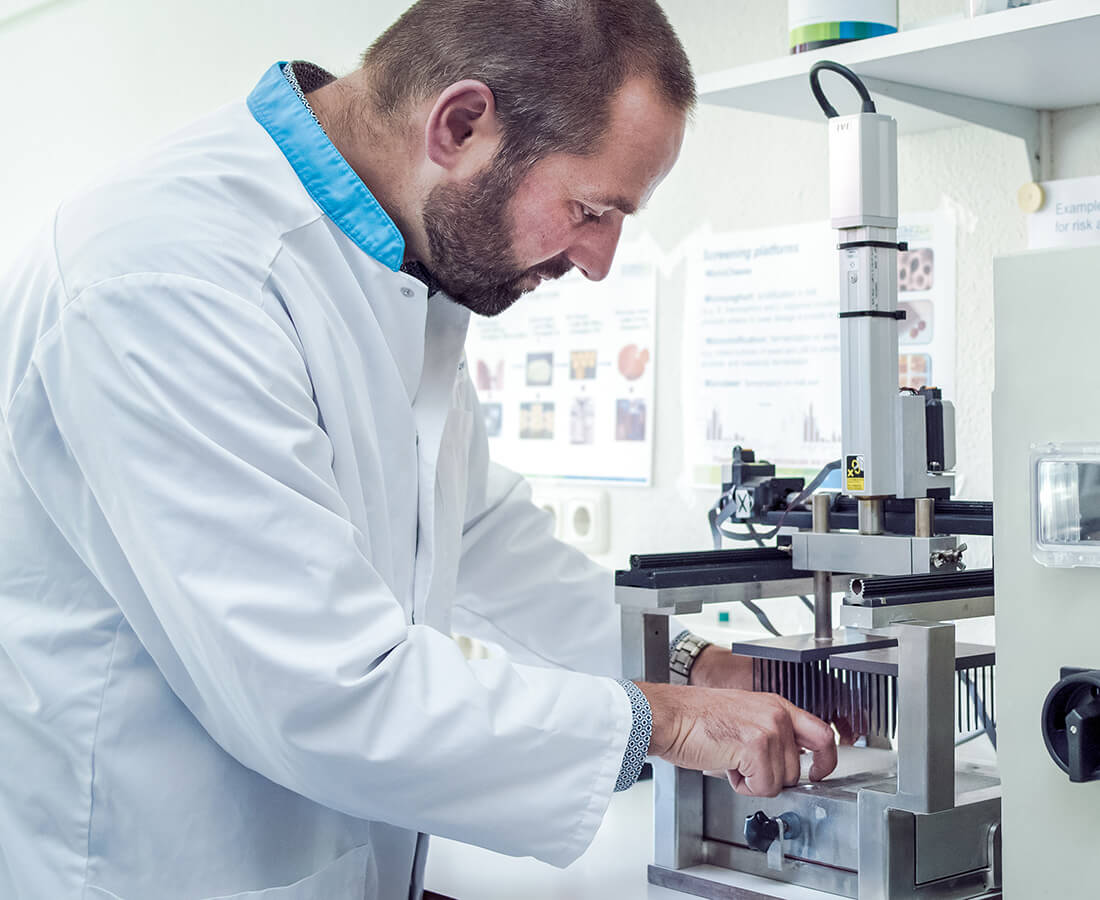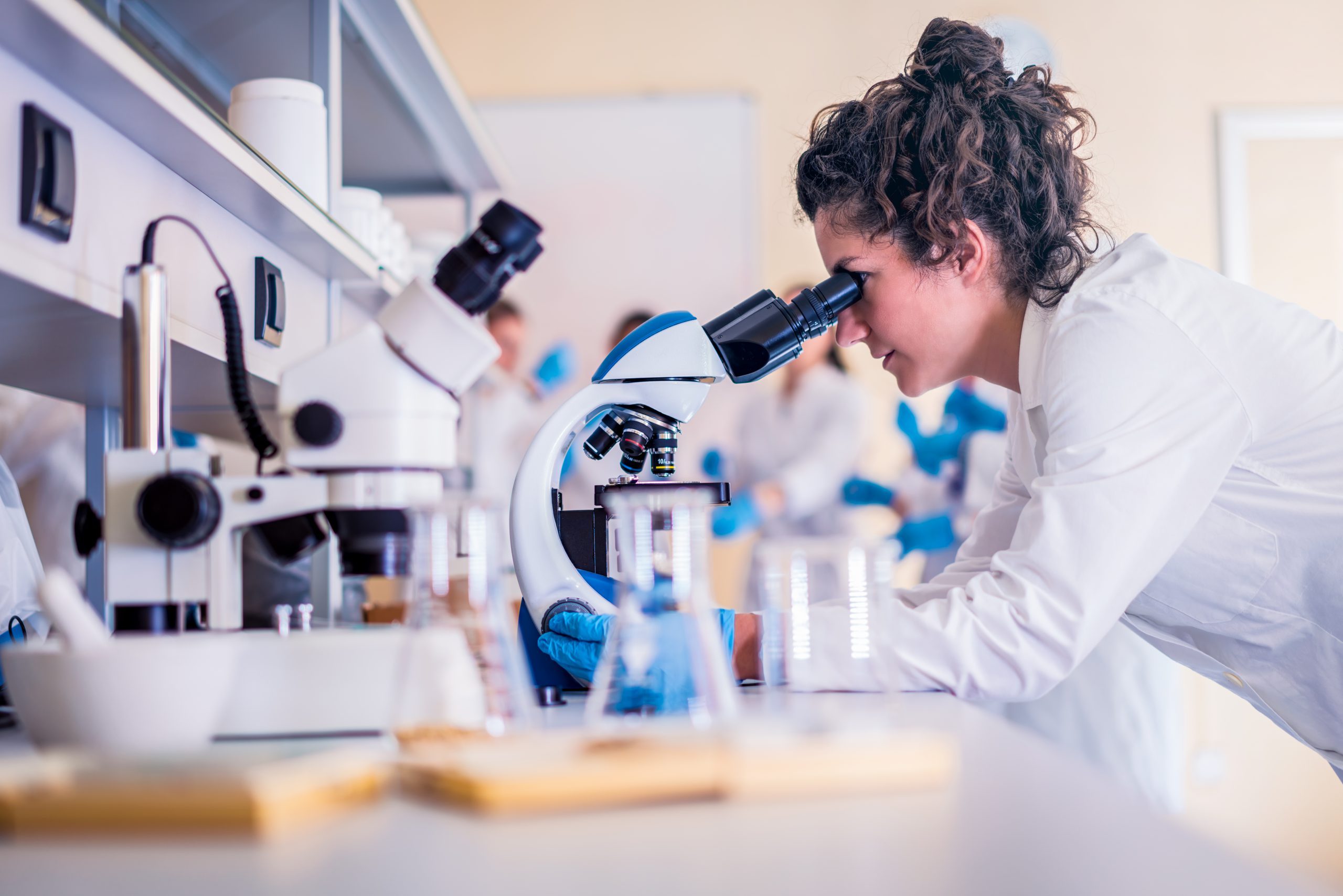Genome Sequencing



Whole or full genome sequencing allows for determination of the whole, or almost whole, genome of an organism based on its DNA sequence. This is the most unbiased method of sequencing, as it contains both coding and non-coding regions. Any type of biological sample containing DNA can be used for genome sequencing of single cells or mixed population of cells. Both samples extracted from both in vivo as well as from in vitro studies can be used for determination of their complete genome. Although providing a large amount of information, the current challenges with this technology involve complex data analysis and relatively high costs compared to other current sequencing techniques such as DNA (microbial) profiling, which only determines the likelihood that genetic material came from a particular individual or group.